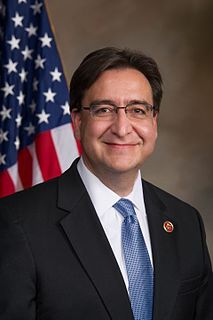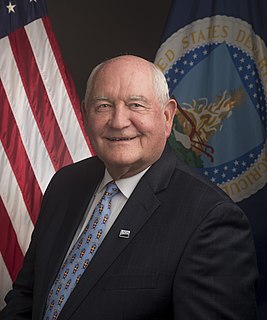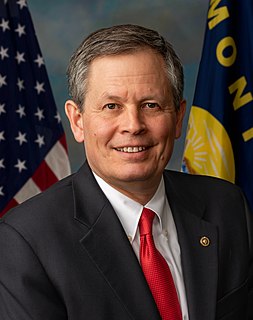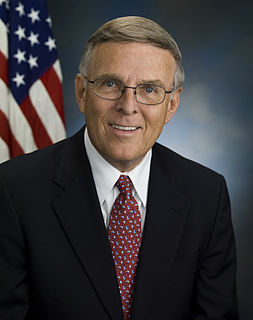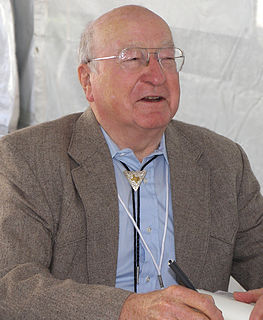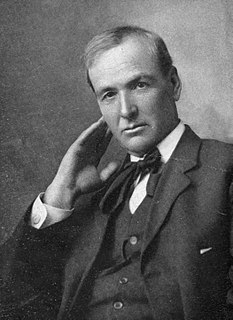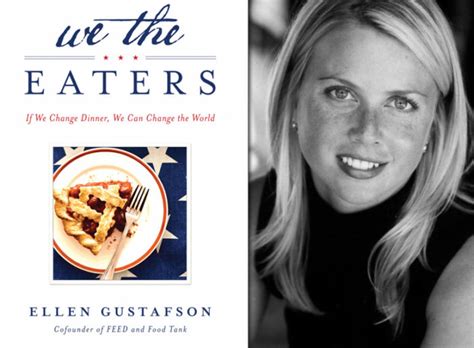Top 779 Farmers And Ranchers Quotes & Sayings
Explore popular Farmers And Ranchers quotes.
Last updated on November 14, 2024.
When I go into a restaurant, the waitress who brings me my meal, the cook in the back who prepared it, the delivery men, the wholesalers, the workers in the food-processing factories, the butchers, the farmers, the ranchers, and everyone else in the economic food chain are all being used by God to “give me this day my daily bread.”
There are tons of people in the West who love fiddles, banjos and mandolins. If you got to any cowboy poetry and music gathering those are the instruments they use. It's acoustic music. We don't do that much modern country that has electric guitars and a lot of volume. It's a gentler form of music. It's from the land and comes from the ranchers and farmers.
Part of what the food industry does with public relations, just like the chemical industry or the oil industry, is to try to erase their fingerprints from their messaging. So when consumers hear about a recent effort like the "food dialogues" put on by a group called the US Farmers and Ranchers Alliance, do they know necessarily that these "dialogues" are being funded by companies like Monsanto, a large chemical company and the controller of most of the patents on genetically modified seeds? No, they don't.
If you have the 'Total Information Awareness' project working, it might be relatively easy to find everyone who had bought more than a ton of fertilizer and 500 gallons of diesel in the last year, which would be a great way of spotting potential Tim McVeighs - but it would also spot half the farmers and ranchers in America.
Wyoming is a special place: Where our farmers and ranchers rise before dawn and work until night to feed our nation. Where our coal miners and oil field workers produce the energy that powers America's homes and businesses, and where our families are guided by faith, know the value of hard work, and deeply love our land.
It is time for us to take off our masks, to step out from behind our personas - whatever they might be: educators, activists, biologists, geologists, writers, farmers, ranchers, and bureaucrats - and admit we are lovers, engaged in an erotics of place. Loving the land. Honoring its mysteries. Acknowledging, embracing the spirit of place - there is nothing more legitimate and there is nothing more true. That is why we are here. That is why we do what we do. There is nothing intellectual about it. We love the land. It is a primal affair.
Everybody I hang with - the ranchers, the farmers, the cops, the teachers, the plumbers, everybody I hang with - they've got an alarm clock. They get up, they put their heart and their soul into being the very best that they can be. They want to be an asset to their families and their neighborhood. They want to be productive members of society.
When you look at farmers and ranchers, for example, they are our first environmentalists. They are our first conservationists. When you look at the greatest asset that they have, it is their land. They care about the water that they drink. They care about the air that they breathe. We should see them as partners, not adversaries.
There is no doubt that pollution contributes to the climate changing around us, but what I refuse to do is support a climate tax bill like Waxman/Markey put in place that would have cost farmers and ranchers in the state, that would cost small business the opportunity to grow, that would increase that bills that families pay, $1,700 a year.
If farmers become weak the country loses self-reliance but if they are strong, freedom also becomes strong. If we do not maintain our progress in agriculture, poverty cannot be eliminated from India.But our biggest poverty alleviation programme is to improve the living standard of our farmers. The thrust of our poverty alleviation programmes is on the uplift of the farmers.
The most agreeable thing in life is worthy accomplishment. It is not possible that the idle tramp is as contented as the farmers along the road who own their own farms, and whose credit is good at the bank in town. When the tramps get together at night, they abuse the farmers, but do not get as much satisfaction out of it as do the farmers who abuse the tramps. The sounder your argument, the more satisfaction you get out of it.
A decade ago, critics suggested biotech crops would not be valuable in the developing world. Now 90 percent of farmers who benefit are resource-poor farmers in developing countries. These helped alleviate 7.7 million subsistence farmers in China, India, South Africa, the Philippines from abject poverty.
You do need some dispensation for local farmers, because the fast food industry will promote the unsanitary conditions of farming. With vegetables, you have to be careful where they come from; you have to know the farmers and trust them. If you buy from the farmers' market, it's already been investigated.
Rather than relying on farmers, ranchers, outdoorsmen, lumberjacks, surveyors, oil workers, miners, or community leaders who have decades of land use experience, government policymakers turn to 25-year-olds with master's degrees in ecology and political science to run the country's public lands policy.
I now say that the world has the technology - either available or well advanced in the research pipeline - to feed on a sustainable basis a population of 10 billion people. The more pertinent question today is whether farmers and ranchers will be permitted to use this new technology? While the affluent nations can certainly afford to adopt ultra low-risk positions, and pay more for food produced by the so-called "organic" methods, the one billion chronically undernourished people of the low income, food-deficit nations cannot.




